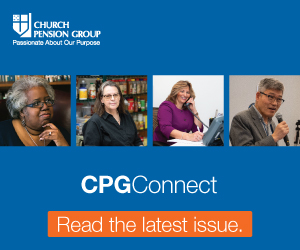By David Paulsen
Episcopal News Service
The Diocese of Florida Standing Committee on March 22 issued its official closing argument affirming the validity of its bishop coadjutor election as part of a package of materials that are being sent to bishops and standing committees across the Episcopal Church seeking their consent to the election result.
Invoking the church’s acceptance in 2003 of New Hampshire Bishop Gene Robinson as the first openly gay Episcopal bishop, the Florida standing committee appealed to today’s church leaders “to extend the same generosity by offering your consent to the will of the majority of the Diocese of Florida.”
Granting such consents typically is routine, but the November election of the Rev. Charlie Holt has faced objections from within the diocese and beyond, over concerns about election procedures, Holt’s fitness to serve and evidence of anti-LGBTQ+ discrimination against clergy in the Diocese of Florida that may have skewed the result.
The standing committee, in defending the diocese’s choice of Holt for bishop, called him “a peacemaker, a collaborator, a reconciler and a man who has demonstrated a willingness to listen to and learn from those with different views and backgrounds.”
The Jacksonville-based diocese is known as one of the most conservative in the church, and several gay and lesbian priests have said the diocese under Bishop John Howard violated the church’s long-standing anti-discrimination canons by blocking paths to ordination and canonical residency for those who weren’t willing to remain celibate. Because only canonically resident clergy could vote, the discrimination allegations cast doubt on the integrity of the November election, according to an investigation by the churchwide Court of Review. The court also found fault in how the diocese assigned eligibility to lay delegates.
To read the rest of the story, click here.


